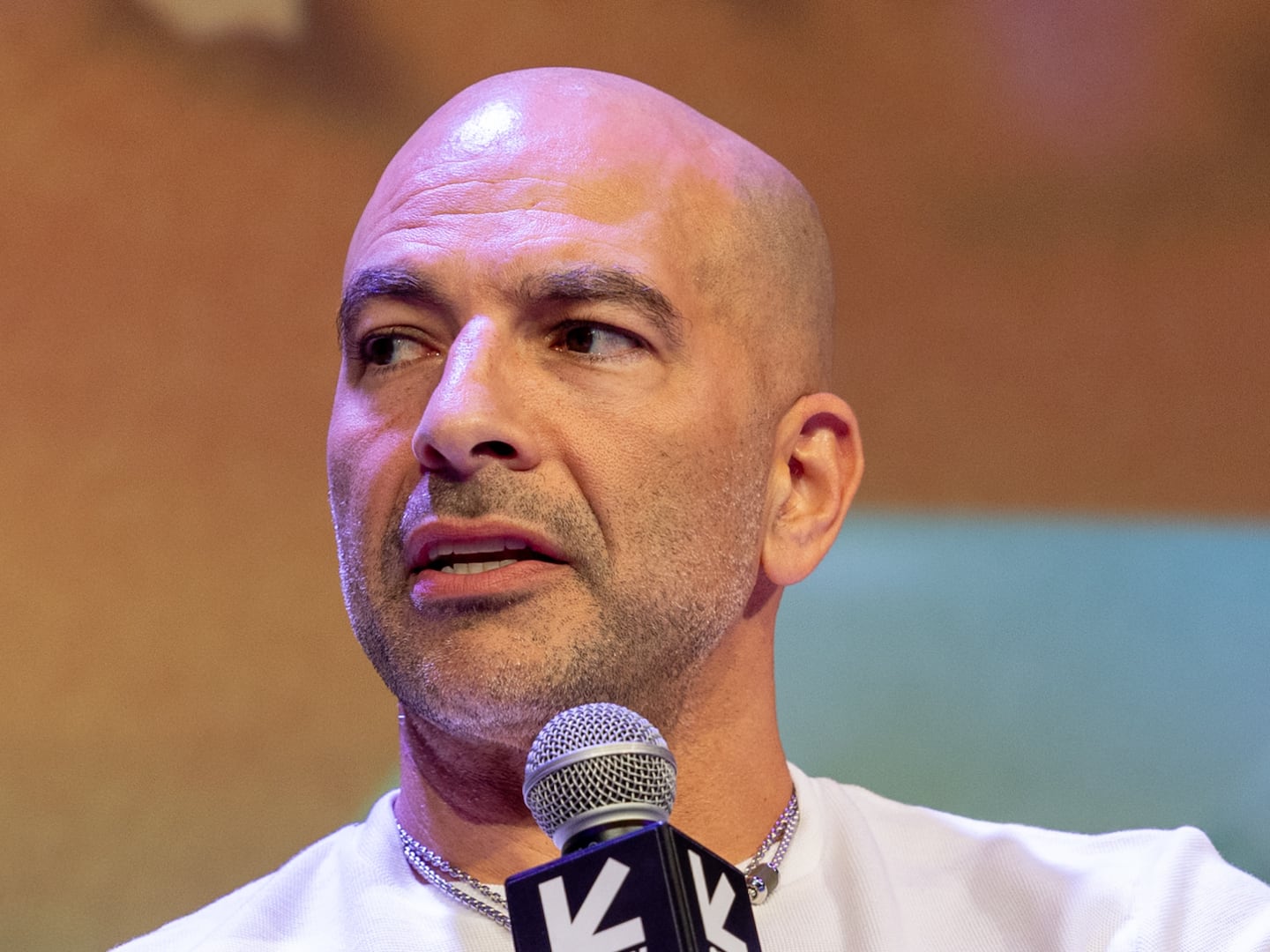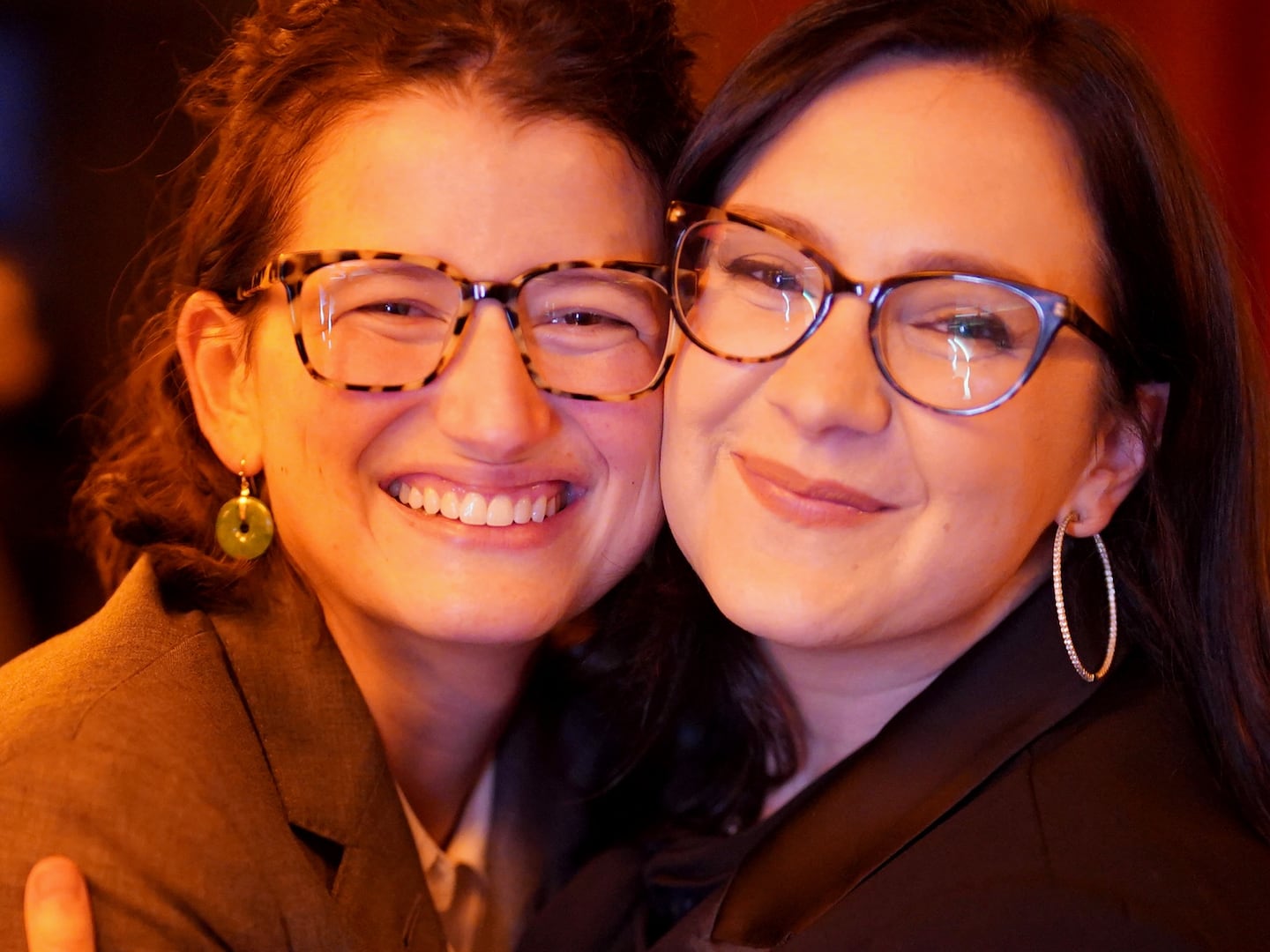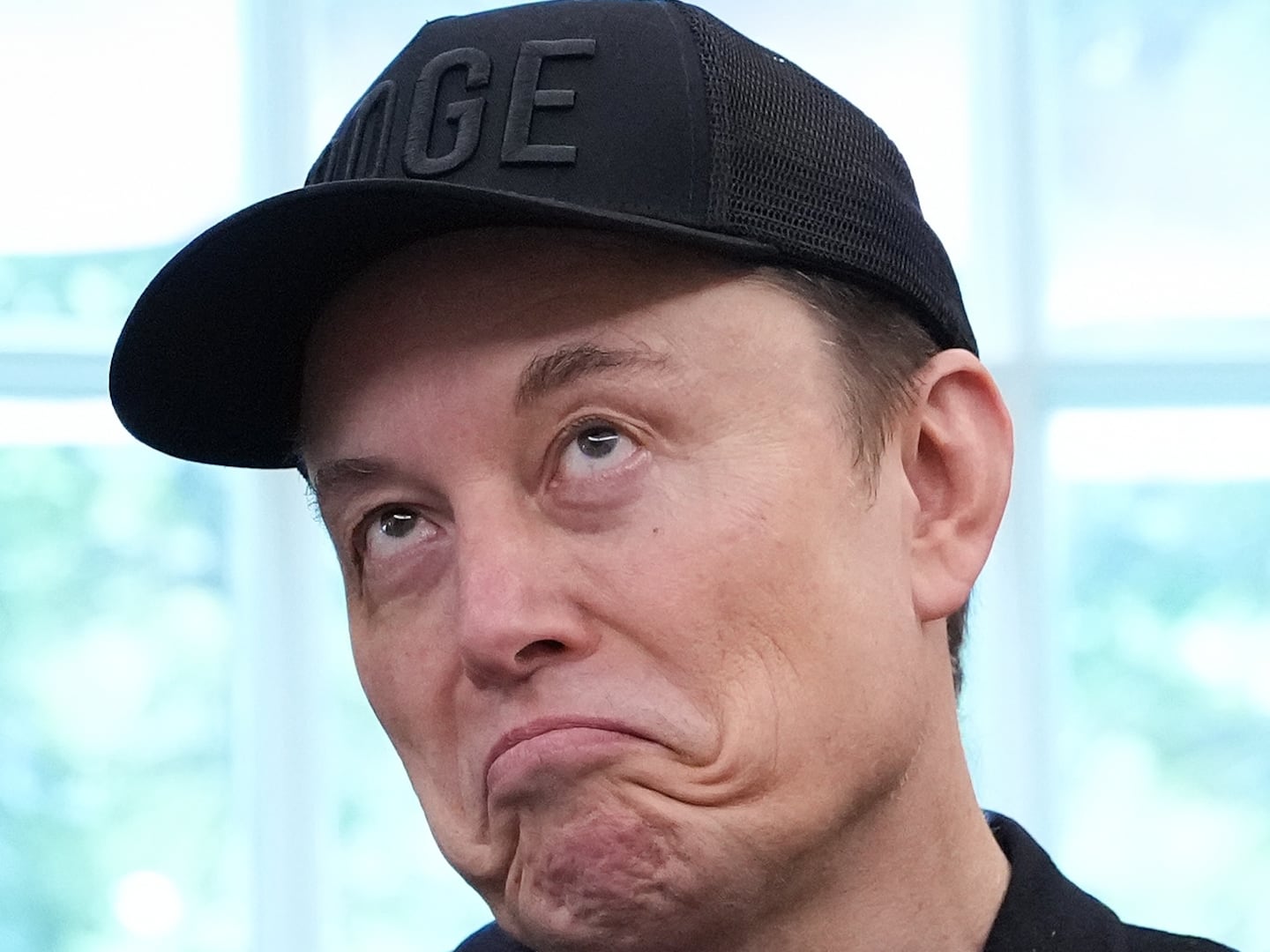Update: This afternoon Connecticut’s Supreme Court ruled against Cassandra C., the 17-year-old fighting to end her court-mandated chemotherapy for terminal cancer. The court ruled she lacked the maturity to make her own medical decisions.
In most cases, the law grants adults autonomy over their own bodies, including a constitutional right to consent to or refuse medical treatment.
But 17-year-old Cassandra is not quite an adult. And at this moment, she is sitting in a Connecticut children’s hospital against her will, receiving life-saving treatment for Hodgkin’s lymphoma. With chemotherapy, her doctors give her at least an 80 percent chance of survival. Without it, they say, the disease would surely kill her within two years. A guard is manning the door, which is always kept ajar so she can be monitored. Contact with her mother and the outside world—beyond nurses and her temporary guardian appointed by the state’s Department of Children and Families—is limited.
Cassandra calls chemotherapy “poison,” and has made it clear to her doctors that she doesn’t want to go through with treatment at this time. But her age complicates things: Minors in Connecticut, even those like Cassandra—months away from her eighteenth birthday—cannot refuse lifesaving medical treatment on their own. And so the state successfully argued in December that her mother Jackie Fortin’s support of her refusal was equal to neglect and Cassandra was forced into treatment. Anything else, DCF argued, would be in effect assisting in a child’s suicide.
Today at noon, Cassandra and her mother’s attorneys will present their appeal before the Connecticut Supreme Court. In the first case of its kind for the state, her lawyers are asking the court to recognize the “mature minor” doctrine, that is, in certain instances a person under 18 may be sufficiently mature to make medical decisions for herself. They then want Cassandra to be evaluated to see if she is in fact mature enough to make the decision to refuse treatment.
“The state has an interest in protecting kids, but the foundation of that interest is not just a date on a calendar,” Michael Taylor, Jackie Fortin’s lawyer told The Daily Beast. “The basis of the interest is that the state assumes that people under 18 aren’t sufficiently mature enough to make reasonable, responsible decisions. But if you have a hearing and you prove that someone is mature enough, well then that state interest evaporates. There’s no reason for them to interfere with that person’s rights.”
Cassandra was diagnosed with cancer in September. After surgery to remove part of a lymph node, she refused further treatment and with her mother, went to seek a second opinion, which she received but was again unsatisfied with, according to the DCF appellate brief filed in court last month.
Her mother has said in a number of interviews with local media, that Cassandra—who has been homeschooled for most of the last four years—thinks of chemotherapy as toxic to the body and worries that the treatment may do more harm than the disease.
“[The toxins from chemotherapy] are also killing her body. They are killing her organs. They're killing her insides. It's not even a matter of dying. She's not going to die," Ms. Fortin told CBS News in direct opposition to the doctor’s forecast.
Religion, her attorneys say, is not a factor in Cassandra’s refusal.
“If you have a fundamental right to have a say in what happens to your body, it doesn’t matter whether that right is based on a religious belief or some other reason. If you have the right, you’re entitled to exercise the right,” her lawyer Taylor said.
In November, doctors alerted DCF to their suspicion of medical neglect, stating concerns over a number of missed appointments, as well as Ms. Fortin’s stopping of an in-progress biopsy, and an “unusual” reaction to the diagnosis in which Ms. Fortin criticized doctors and raised questions about whether the tissue had been Cassandra’s or not.
DCF took temporary custody of Cassandra in October, but Cassandra was allowed home after she agreed to court-mandated treatment. She received two rounds of chemotherapy, but ran away from home to avoid any further treatment. A court then removed Cassandra from the home and gave DCF control over all Cassandra’s medical decisions.
Doctors have long wrestled with the age of consent when it comes to mature adolescents. “It is well understood in the medical community that adolescents’ aptitude to make rational, responsible decisions changes over time and that older teenagers and young adults have substantially similar cognitive capacities,” doctors wrote in a 2013 article in Pediatrics.
That concept is murkier when it comes to state laws, which vary widely in their “mature minor” stances, though a few U.S. courts have already adopted the doctrine. The same Pediatrics journal notes that 17 states have some form of exception to the
standard parental consent requirement. Most often, the doctrine is invoked by minors seeking an abortion without parental consent.
There have been several court resolved cases of minors refusing treatment in the past. In 1990, the Maine Supreme Court found that a 17-year-old’s previous statements regarding his wish to never be kept artificially alive had to be honored after an auto accident left him in a vegetative state.
In 1987, Ernestine Gregory a 17-year-old Jehovah’s Witness diagnosed with Leukemia, refused a blood transfusion. In a case similar to Cassandra’s, a trial court found that Ernestine’s mother had medically neglected her daughter and it appointed a temporary guardian to consent to Ernestine’s medical treatment. She only won the case after appeal and the Illinois Supreme Court ruled that with approval from a court, a minor could refuse even life-saving medical treatment. Still, it decided, the right isn’t absolute, and the State’s interests, which include preserving life and preventing suicide, may trump an individual’s. Gregory, who was also given an 80 percent chance of recovery with treatment, survived her disease, after receiving nine or ten blood transfusions prior to the court’s decisions.
Cassandra, whose hair has already begun to fall out from her court-mandated chemotherapy, could face a similar outcome. Still her mother’s lawyer says, “As quickly as the court has acted, there is still time to put a stop to this if they agree that they should.”
Because of the urgency of treating Cassandra’s cancer should the court require it, the hearings have been on a lightning track. Mr. Fortin’s lawyer expects a decision as early as this afternoon.





